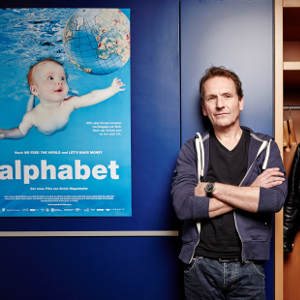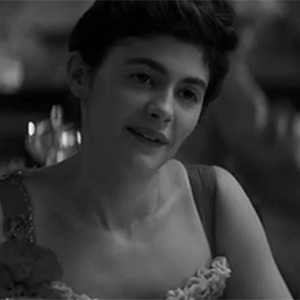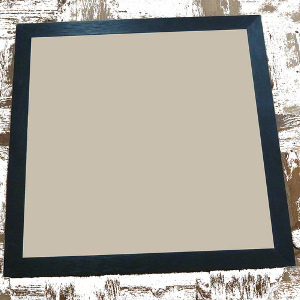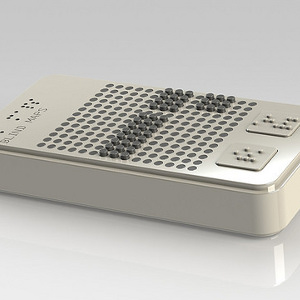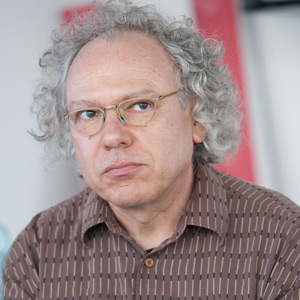
Prix Ars Electronica
-
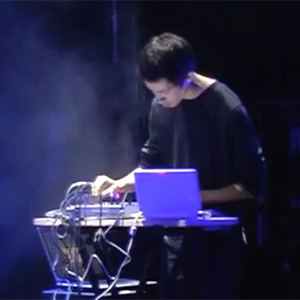
There’s no “Vodka” Sound Art
Which tools Sergei Kasich utilizes, how the Russian sound artist works, and some of the experiences he’s had in conjunction with many art projects carried out in Russia—these are a few of the talking points covered in this interview with the 2015 Prix Ars Electronica juror.
-

Animated Films with Character
Animated films are his passion! Rob O’Neill, a 2015 Prix Ars Electronica juror and character technical director supervisor at DreamWorks Animation, talks about current trends in character design and what filmmakers have to do to build up a portfolio that really makes people sit up and take notice.
-

Let things flow!
Valeria Rueda, one of the A-list artists in the new digital music scene, is a member of the jury in the 2015 Prix Ars Electronica’s Digital Musics & Sound Art category. Why does music play such a big part in her life?
-

The juries of Prix Ars Electronica 2015
No fewer than 2,703 entries from 77 countries were submitted for prize consideration to the 2014 Prix Ars Electronica. This year’s competition will honor excellence in six categories. Here, Ars Electronica’s Emiko Ogawa gives us a brief overview of the composition of the juries.
-
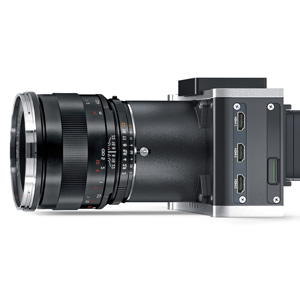
apertus°: An Open, Free Film Camera
An Award of Distinction from the 2012 Prix Ars Electronica was a stepping stone for the further development of the apertus° open-source film camera. Sebastian Pichelhofer relates how the project has progressed since then.
-
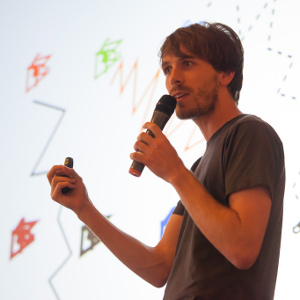
The proximity of science and art
Dr. Tom Melia, theoretical particle physicist at CERN talks about the inspiration he got by the cooperation with the Collide@CERN residency winner Ryoji Ikeda and about what it means to him to be Ikedas inspiration partner.
-
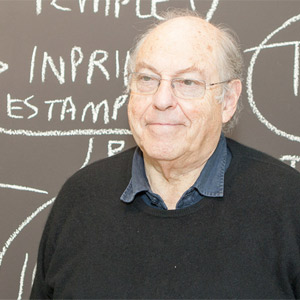
Roy Ascott: “We Should Lead From The Heart”
The British artist, theoretician and visionary thinker’s oeuvre has been a formative influence on the work of many media artists worldwide. In this interview with the recent Golden Nica honoree who’s about to turn 80, Roy Ascott talks about how he connected with Ars Electronica and the dangers threatening those who create interactive art today.
-
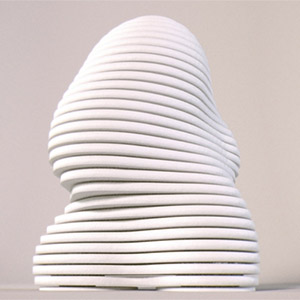
Architecture in Motion
A real celebration of form and geometry—the terms that the 2014 Prix Ars Electronica jury used to describe the animated film entitled “Walking City” couldn’t have been more apt. An interview with Matt Pyke, creative director of Universal Everything, the studio that took home a Golden Nica for their efforts.
-

Project Fumbaro Eastern Japan – Getting Aid to Those Who Need It
Golden Nica winner Takeo Saijo succeeded in setting up a digital community that mobilized thousands of volunteers to help those whose lives were devastated by the 2011 earthquake and tsunami in Japan.
-
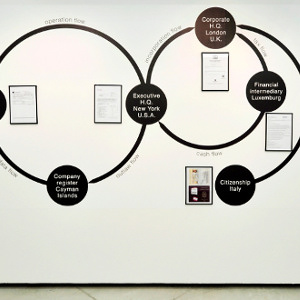
Loophole for All – Freedom from Taxation for Everybody!
“Everyone should have the possibility of exploiting the same tax benefits that major corporations are constantly taking advantage of” ,Paolo Cirio stated. He describes his project as an attempt to democratize tax avoidance.
-
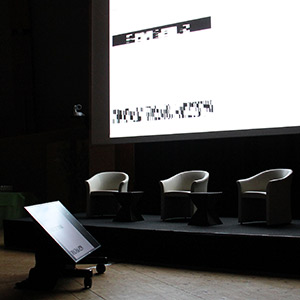
Ryoji Ikeda immersing into the world of physics at CERN
The Japanese media artist and composer Ryoji Ikeda, the third Prix Ars Electronica Collide@CERN winner, started his residency in CERN. Together with his scientific inspiration partner Tom Melia he talked about the residency.
-
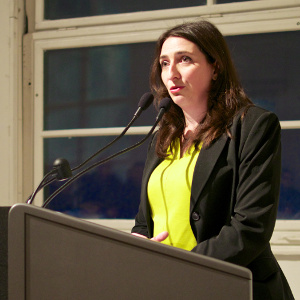
2014 CyberArts Exhibition
The CyberArts Exhibition traditionally shows a selection of works singled out for recognition by the Prix Ars Electronica. In this interview Genoveva Rückert gets a foretaste of the 2014 CyberArts Exhibition.
-
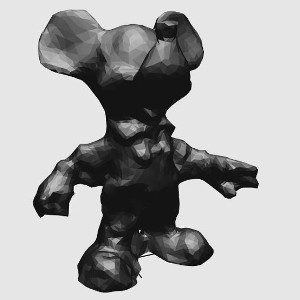
File-sharing with Disarming Corruptor
With a critical project, in the field of digital manufacturing, Matthew Plummer-Fernandez won an Award of Distinction at the Prix Ars Electronica 2014. In an interview he talks about the software application „Disarming Corruptor“.
-
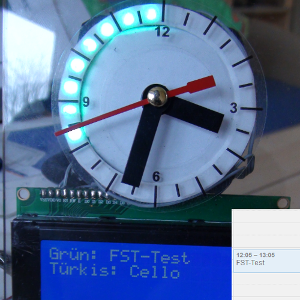
Time of Day and Appointments at a Glance
The 15-year-old student, Jonas Bodingbauer, developed a clock that lets you see not only the current time but also upcoming appointments. With his invention he received an Award of Distinction in the u19 – CREATE YOUR WORLD category.
-
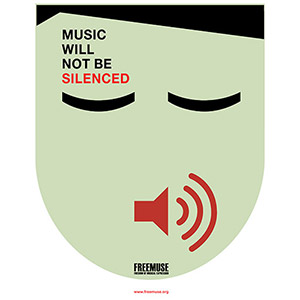
Soundtracks for Change
Incarcerated, ostracized, silenced—the fate of many musicians often goes unheard. Freemuse, the world forum on music and censorship, is trying to change this by keeping the global public informed.
-
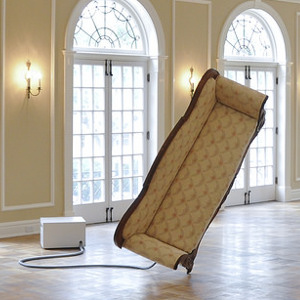
On Search for Balance
“Balance from Within” is the title of the installation by Jacob Tonski, with whom he won an award in the category Interactive Art at Prix Ars Electronica 2014. In this interview he tells us what it is all about the balancing sofa.
-

Animated Films that Move Us
Animated films have to touch people and speak to their needs. Jurors Sabine Hirtes and Joe Gerhardt talk about what actually characterizes good animation and which trends can currently be observed in this field.
-
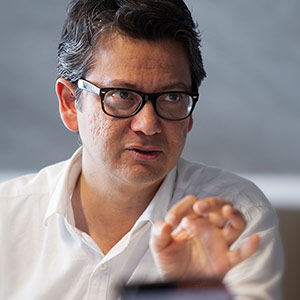
Bottom-up Technology
Ian Banerjee, architect, city planner, educational researcher and member of the jury in the category “Digital Communities” of the 2014 Prix Ars Electronica, presents his view of digital communities and talks about possible changes that will shape our living together in future.
-
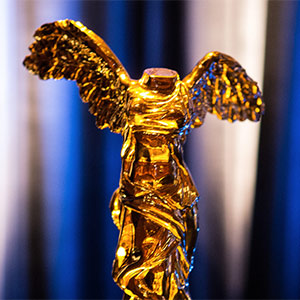
The winners 2014
While hot metal flowed from the blast furnaces at the casthouse of the steel producer voestalpine, a few hundred meters next door, the winners of the Prix Ars Electronica 2014 were announced at a press conference. A first overview.
-
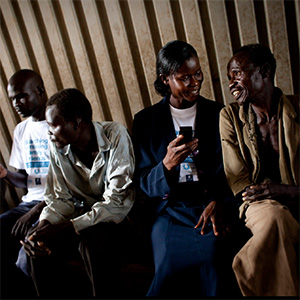
Seven billion voices
Laina Greene calls for a human right of access to digital technologies. The Prix juror tells us in an interview, how important digital communities are and what opportunities they are able to include.
-
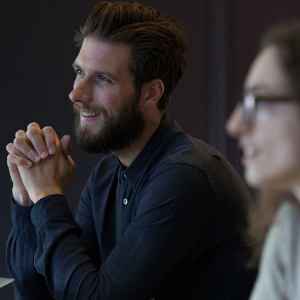
Interactive Art: In Search of Something New
Irini Papadimitriou and Michel van Dartel, two jurymemebers of the Prix Ars Electronica 2014, were in search of something new and exciting in the category Interactive Art. They told us in an interview how these search proceeded.
